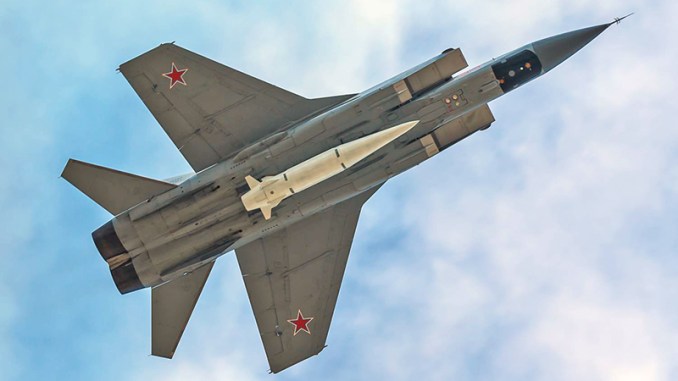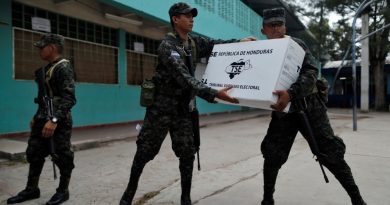Russia and U.S. Extend Last Remaining Nuclear Treaty
Juliet Nangini
Staff Writer
With only two days remaining before its expiry date, the Biden administration officially extended the New Strategic Arms Reduction Treaty (New START) between the United States and the Russian Federation. According to the Associated Press, the Russian Parliament unanimously voted for a five-year extension of New START on Wednesday, followed by President Vladimir Putin signing the bill on Friday. The two leaders discussed the treaty, which places limits on each country’s respective nuclear arsenals, on a phone call last Tuesday, January 26.
New START limits both sides to a maximum of 1,550 deployed nuclear warheads on intercontinental ballistic missiles (ICBMs), submarine-launched ballistic missiles (SLBMs), and heavy bombers, The Washington Post says. U.S. Secretary of State Antony Blinken, speaking on the treaty, stated, “Especially during times of tension, verifiable limits on Russia’s intercontinental-range nuclear weapons are vitally important,” The Hill reports.
The bilateral agreement was signed by former President Barack Obama and former Russian President Dmitry Medvedev in 2010. According to The Washington Post, Blinken stated that the U.S. has consistently found Russia to be compliant with the limitations of the treaty since it came into force in 2011. The treaty also symbolizes the last remaining nuclear accord between the two countries, as both parties withdrew from the Intermediate-Range Nuclear Forces Treaty (INF) in 2019. The U.S. pulled out of this treaty due to claims of violations by Russia, despite the latter’s denials on the matter, Reuters says. In addition to the INF Treaty, both parties have reexamined the Open Skies Treaty. Russia previously declared that it will withdraw from the Open Skies Treaty after the Trump administration stated its intention to withdraw, according to AP.
The extension of New START was one of the first foreign policy and national security concerns facing the administration – the treaty would have expired on Feb. 5, giving the new administration just 16 days to negotiate an extension. The Trump administration tried to form a trilateral accord with Russia and China; however, China declined to put constraints on its nuclear arsenal. According to The Hill, NATO’s North Atlantic Council supported the extension and issued a statement saying, “NATO allies believe the New START treaty contributes to international stability, and allies again express their strong support for its continued implementation and for early and active dialogue on ways to improve strategic stability.” However, it believes that the treaty’s extension does not halt threats by Russia.
The New START treaty will provide the U.S. with greater insight into the “future size and composition of the Russian arsenal” which can help control “arms-racing behavior,” Defense News says. However, there are some limitations to the treaty, such as its inability to cover shorter-range “tactical” nuclear weapons. Others worry about the lack of coverage of China’s nuclear arsenal, which is becoming an increasing concern. However, according to NBC, Secretary Blinken mentioned that the current administration will work on a treaty that covers all nuclear weapons of the U.S., Russia, and the concerns of China’s growing arsenal.
Despite the concerns, Blinken states that decision to extend the treaty has made “the United States, U.S. allies and partners, and the world safer” as an “unconstrained nuclear competition would endanger us all.”



